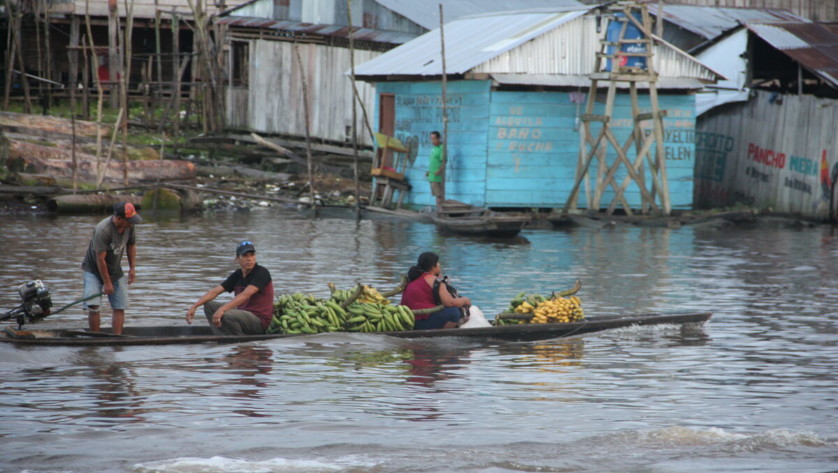Services for optimal health
The Anonymous Clinic offers a wide range of services, including counselling, testing for HIV and other sexually transmitted diseases, hormone monitoring, gender-affirming hormone therapy, neovagina examination, anal cancer screening, and Hepatitis A/B vaccination.
“The main mission of the Thai Red Cross AIDS Research Centre (Anonymous Clinic) is to provide effective prevention measures, widely known as PreP (pre-exposure prophylaxis), and PEP (post-exposure prophylaxis)”, explains Chanin Suksom, a psychologist at the Anonymous Clinic. “The health services we provide represent an equal opportunity to everyone at a very low cost”.
While the clinic was initially established in response to the HIV/AIDS epidemic, it now plays a critical role in providing gender-affirming services and improving the overall well-being of transgender individuals. “During the past year, we assisted approximately 360 transgender clients, from which over 200 of them accessed services for free”, says Suksom.
By offering a comprehensive range of services and fostering a safe and inclusive environment, the Anonymous Clinic empowers transgender individuals to take control of their health and well-being.
“People who have come to the clinic for the first time are usually reluctant to talk about their stories. So, we ask informal open-ended questions”, explains Naiyapak Chaipun, a counsellor at the Anonymous Clinic who is herself transgender.
“We sometimes chat in a very casual way. We encourage them to take things step by step without forcing them”, she says.
For people like Piglet, the Anonymous Clinic has become a safe haven, where people can learn how to better take care of themselves. “I brought my friends to the Anonymous Clinic because they feel shy, and it reminds me of my own experience when I felt frustrated and didn’t know where to go”, she describes.
“I think the Anonymous Clinic is a great place for transgender people to access health services. A place where we can love ourselves and where we can learn how to keep ourselves healthy in the long run”.
 Red Cross Red Crescent magazine
Red Cross Red Crescent magazine 
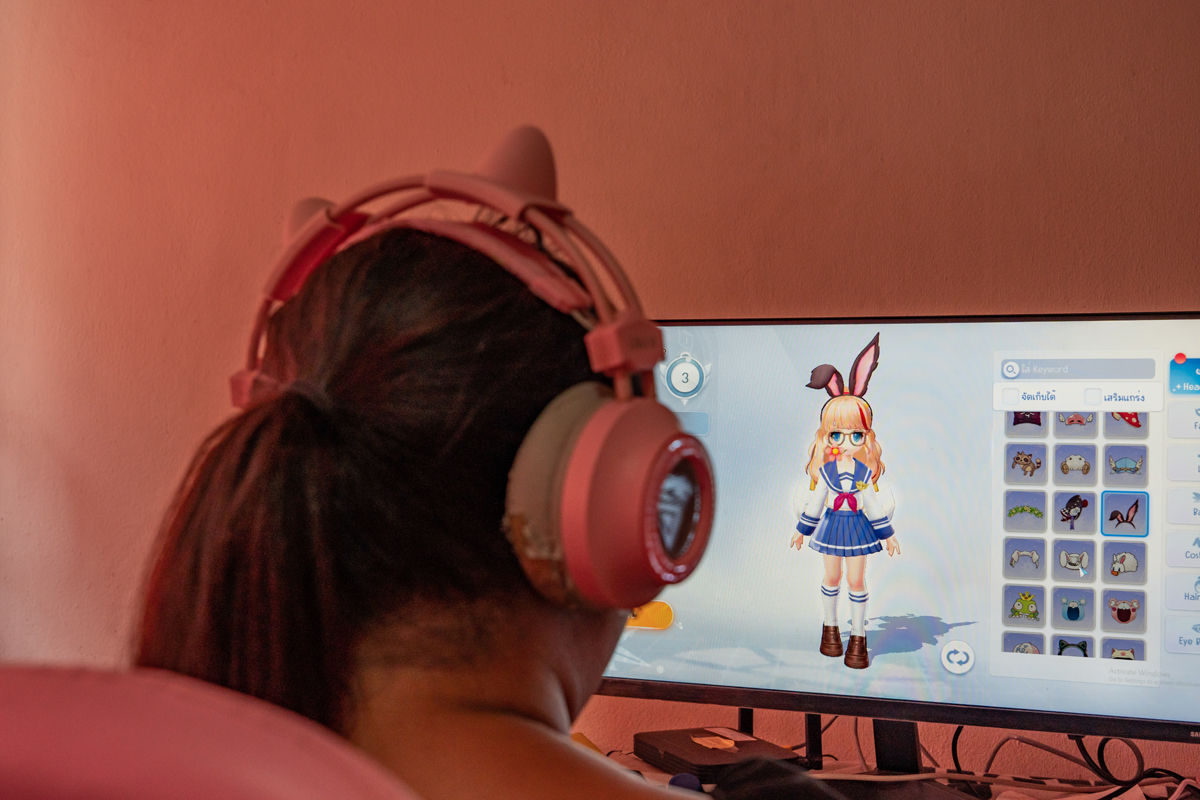
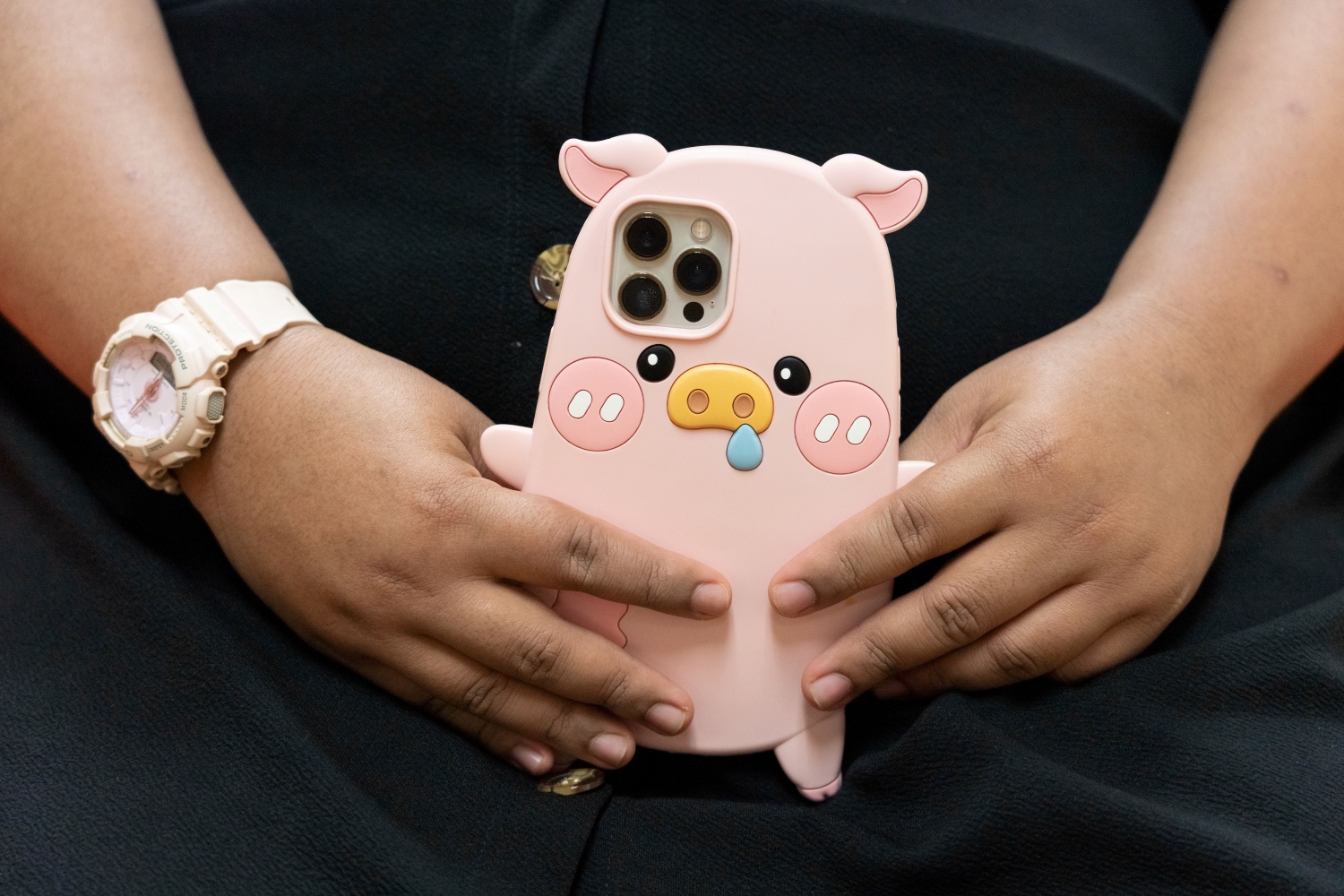
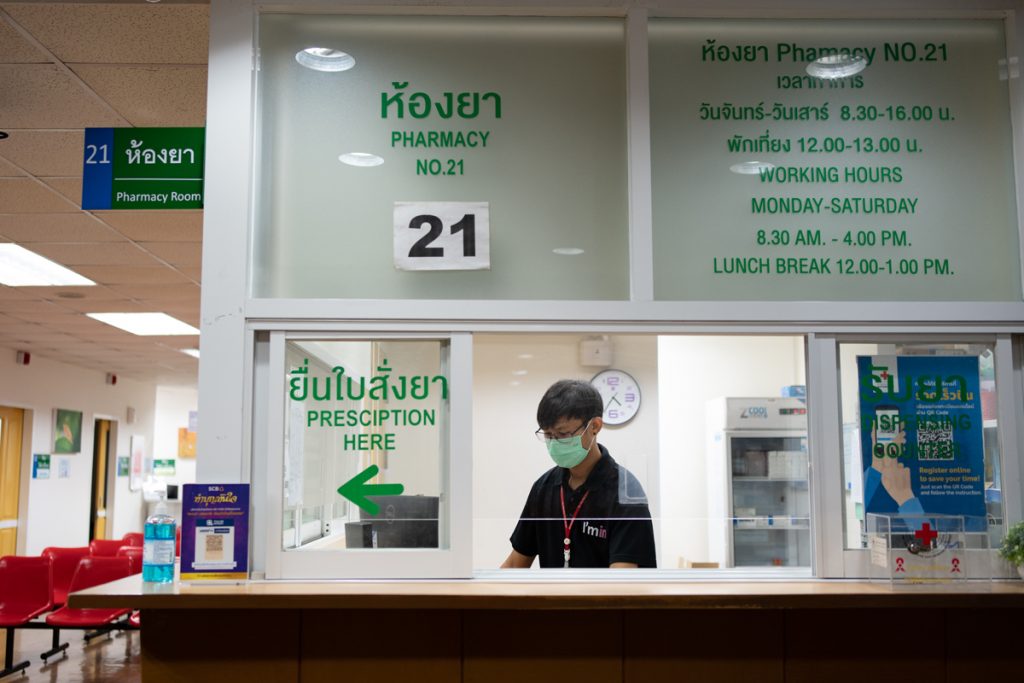
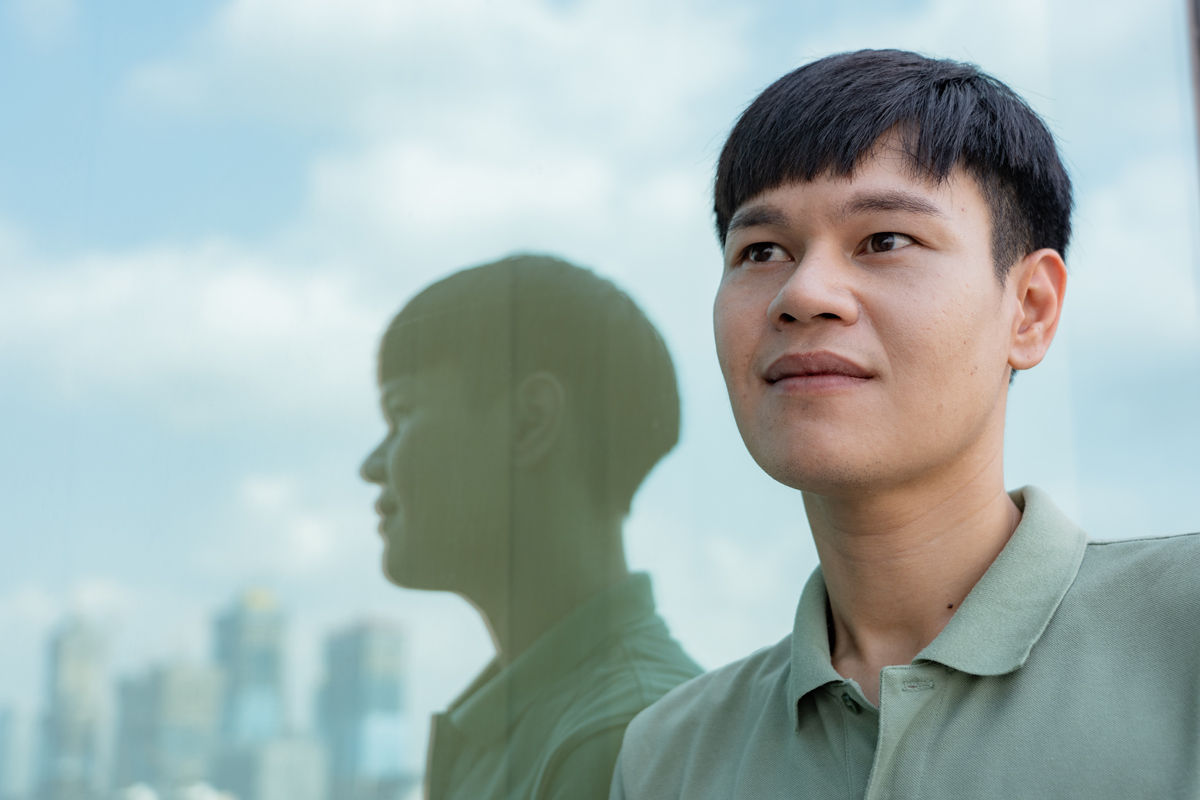
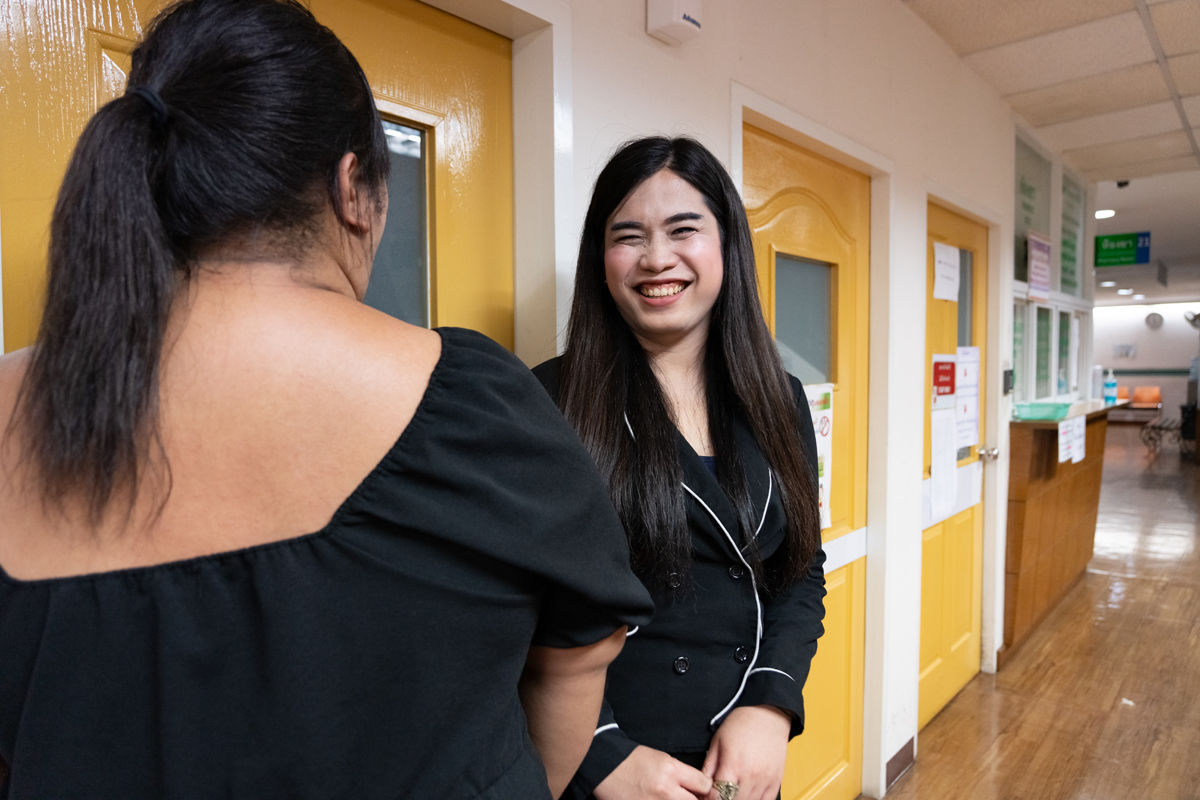





 Tech & Innovation
Tech & Innovation Climate Change
Climate Change Volunteers
Volunteers Health
Health Migration
Migration